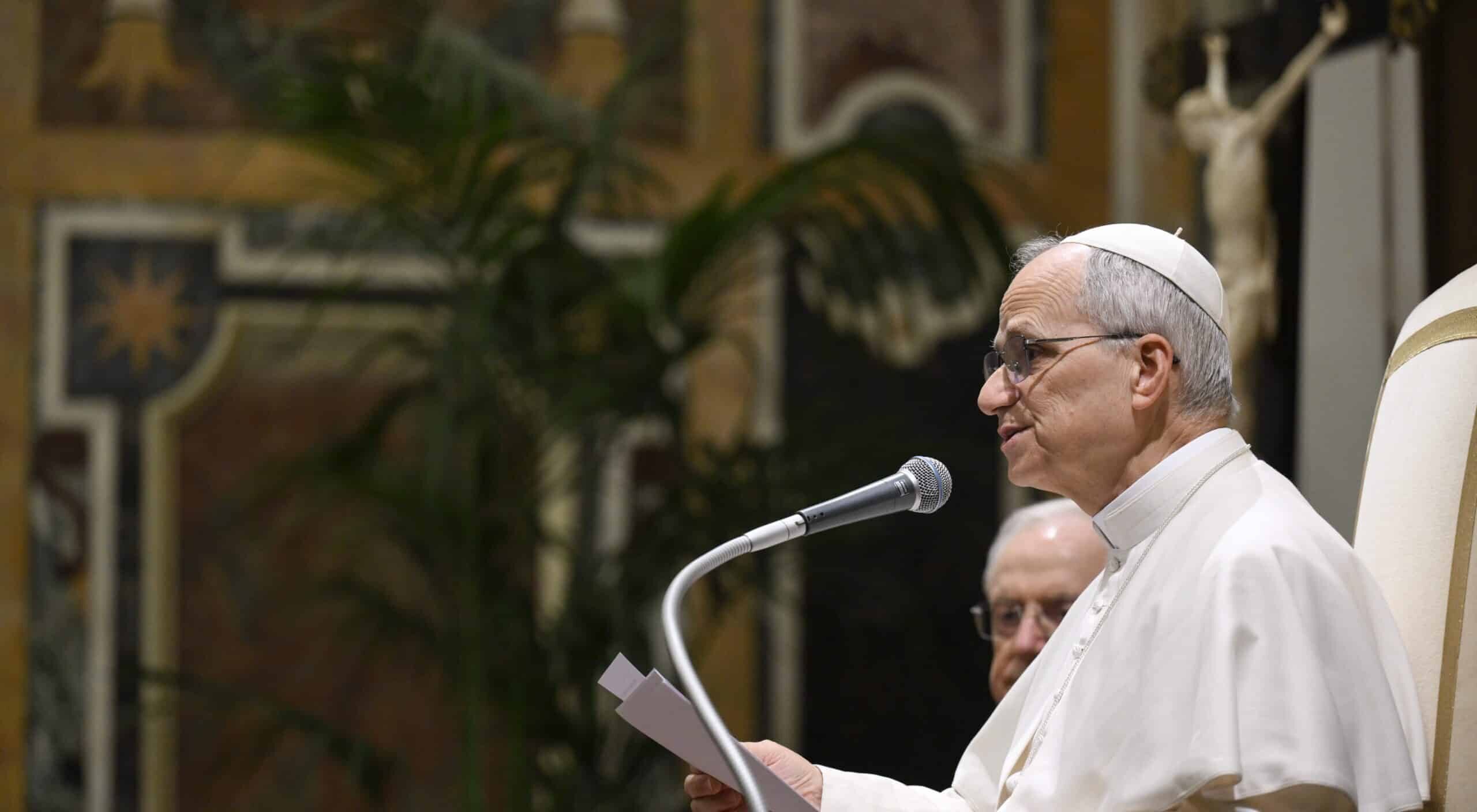When I teach Catholic medical ethics, I begin by informing my students that we will often be frustrated with imprecise or inconclusive answers to many important ethical questions. More than any other discrete moral discipline, medical ethics presents issues that are open to good-faith discussion and disagreement among orthodox Catholic theologians. These are also issues for which there is no definitive magisterial teaching, either through the Catechism of the Catholic Church, councils, encyclicals or other papal documents.
For example, which among the variety of options for treating an ectopic pregnancy are morally illicit? Or what is the proper moral view on the fate of frozen embryos? Is administration of the so-called “Plan B” pill sometimes morally licit in cases of rape? Is it morally permissible to stimulate follicles — and cause the release of multiple ova — as an aid to infertility?
While most common in medical ethics, social doctrine also presents these kinds of difficult issues. What is the proper balance of open to controlled borders for immigrants and refugees, for example? What labor policies are most consistent with solidarity?
Catholic moral principles yield no clear answers to these vexing questions. The best we can do is to be clear about the principles that inform our decision, eliminate the plainly erroneous options, and then apply a well-formed, prayerful conscience to our actions. My students and I are often frustrated because, like everyone else, we desire moral clarity in our moral actions and opinions, along with the confidence that it yields. But some complex issues simply do not have well-defined answers. This is why moral precision is even more important for issues in which Church teaching is clear and unambiguous. The difficult questions are frustrating enough; we don’t need ambiguity from the magisterium on the easy ones.
A clear statement of Catholic moral teaching
Since his election May 8, Pope Leo XIV has indicated that his pontificate will be characterized by clarity on straightforward issues and charity on challenging ones. For someone who teaches and writes about moral theology, this is a refreshing and welcome change. It is difficult enough to steer through the ambiguous questions. Having to deal with equivocal pronouncements about the clear ones is vexing for the theologian and confusing for everyone. So far, clarity rather than confusion is the hallmark of the papacy of Leo XIV.
For example, in a May 16 address to the Vatican diplomatic corps, the pope observed, “It is the responsibility of government leaders to work to build harmonious and peaceful civil societies.” By itself, this is an unremarkable remark. But Pope Leo immediately described how this can best be achieved: “by investing in the family, founded upon the stable union between a man and a woman, ‘a small but genuine society, and prior to all civil society,'” quoting Pope Leo XIII’s Rerum Novarum.
This is not an incidental declaration. Rather, it contains three nonnegotiable points of Catholic moral doctrine.
Unpacking three important principles
First, of course, is a clear and unequivocal statement that the basis of the family is the union of one man and one woman in a permanent union. No hedging, no qualification, no ambiguity. Without the foundation of an indelible bond between a man and a woman in a loving, lasting relationship, a “harmonious and peaceful civil society” will be elusive. To some Catholic ears this might sound akin to declaring that water is wet. But this is a time when even such bedrock staples of morality must be affirmed and proclaimed, without any nod to the moral legitimation of “irregular” relationships. If the family — constituted by the indelible bond between a man and a woman — is the foundation of civil society, without such a base, the infrastructure of civil society crumbles.
Second, Pope Leo reintroduced the doctrine that the family is a “pre-political” society. Again, this is no throwaway line. Rather, the Holy Father is reviving the Catholic teaching that the family is the first civil society and the model of all others. The family is not the creation of any particular set of legal institutions or political arrangements. The truth about the family cannot be changed or modified by any court, legislature, president or king. Its definition is given by God himself in his creation of the human person as male and female, created for community and ordered by loving communion.
The third bedrock principle contained in Pope Leo’s statement is that properly constituted governments have a positive, proactive role in creating laws and regulatory structures that support and advance the family as the union of one man and one woman. Governments must “invest in” the properly constituted family. This anti-libertarian vision of government rubs against the liberal Protestant impulses of most Americans (including many American Catholics). But it is a staple of Catholic social doctrine. The family is the first civil society. Legal and political structures are only properly constructed when they endorse and advance that principle. This is merely one of many encouraging and edifying statements, homilies and speeches that Pope Leo XIV has delivered in the first couple weeks of his papacy. In each public statement, the content of the pope’s words is important. Perhaps even more important, however, is the clarity and precision with which he has delivered them. As head of the Church’s magisterium, it is the role of the pope, where possible, to make unambiguous moral judgments, rooted in the ancient deposit of faith. Pope Leo XIV understands that it is a central role of the pope to judge.








